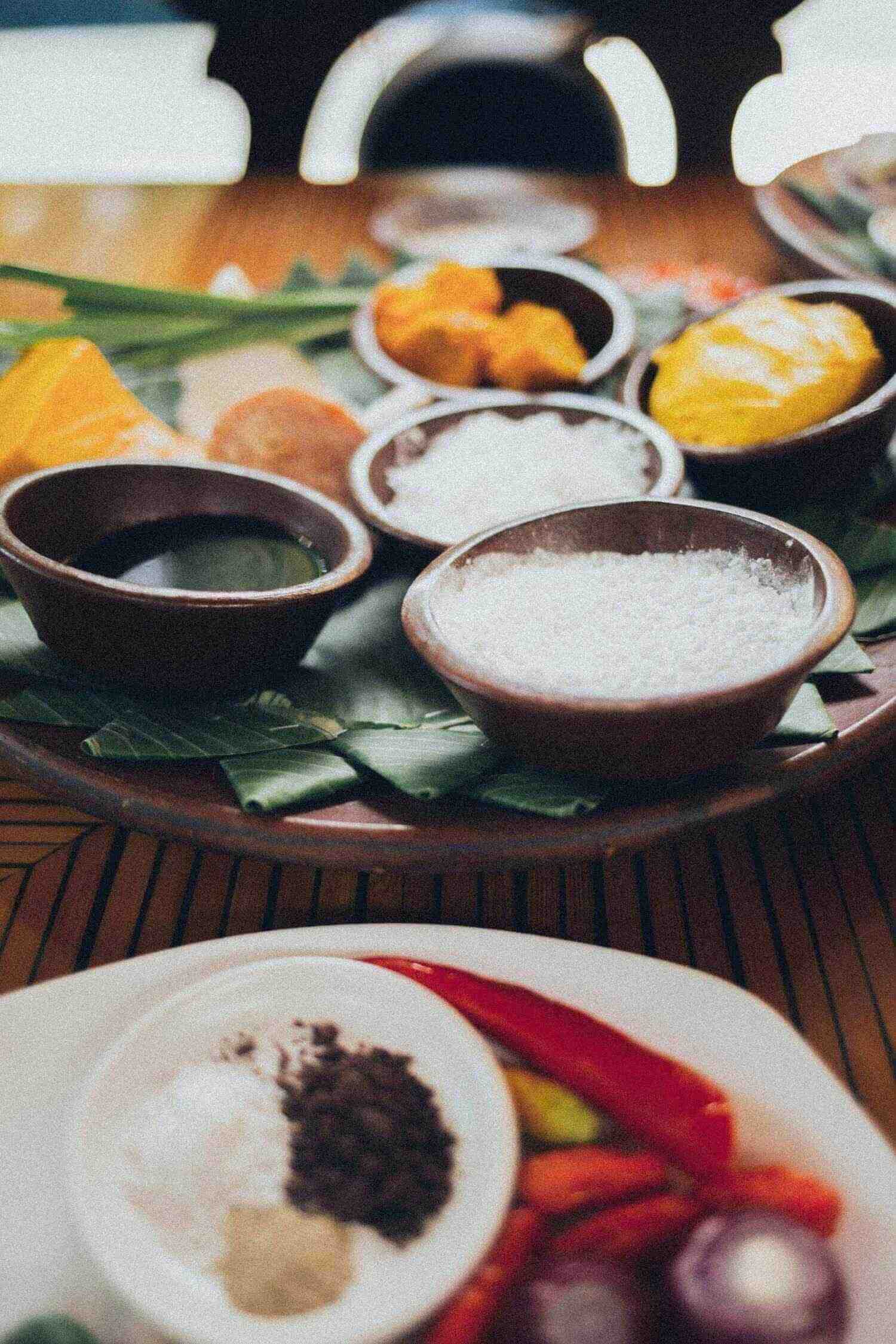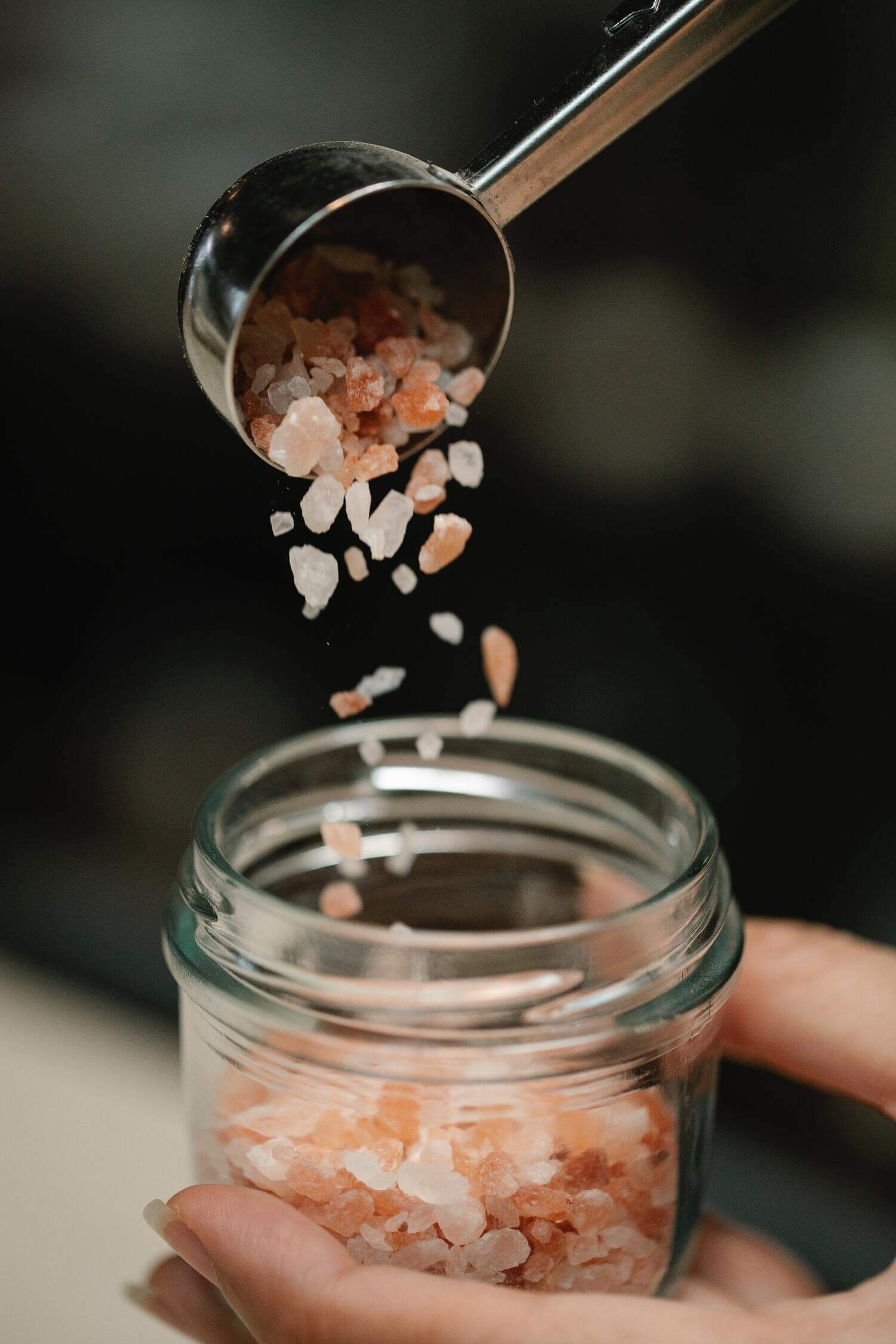Salt is a common ingredient in most of the food we consume. We use it to add flavor to our dishes, and it plays a crucial role in our body's daily functioning. However, there is a growing concern that excessive salt intake could be linked to weight gain.
This has sparked debates among health experts and the general public alike, with some arguing that salt aids weight gain, while others insist that it has no direct relationship with weight gain.
Sodium is an essential mineral that helps regulate fluid balance in the body, but too much of it can lead to weight gain. Excessive sodium intake can cause water retention, which leads to an increase in body weight.
In addition, higher sodium intake can contribute to cravings for unhealthy foods and cause overeating. To maintain a healthy weight, limit sodium intake to no more than 2,300 milligrams per day, as the American Heart Association recommends.
By making smart food choices and avoiding processed foods high in sodium, you can help keep your weight in check. In this article, we will delve deeper into the topic to understand whether salt really does contribute to weight gain and what should be the daily sodium intake to lose weight.

Does sodium make you gain weight?
No, sodium does not make you gain weight. Rather, consuming too many calories, in general, will cause weight gain. Sodium is just one component of a person's diet, and its presence in the diet does not directly lead to an increase in body fat.
In fact, sodium plays an important role in keeping the body's fluid levels balanced and helping to regulate blood pressure. Eating a balanced diet that includes adequate amounts of sodium, along with regular exercise and a healthy lifestyle, is the best way to maintain healthy body weight.
How does sodium affect your weight?
Sodium is a mineral that plays an important role in weight management. Too much sodium can cause water retention, which can lead to weight gain. This is because sodium helps to regulate the body's water balance.
When there is too much sodium in the body, it causes the body to retain water, which can lead to a higher number on the scale. Additionally, high levels of sodium can lead to high blood pressure, which puts stress on the heart and can lead to other health issues.
Additionally, many foods that are low in sodium are also high in calories, which can contribute to weight gain. This is especially true for processed foods, which are often low in sodium but high in calories and unhealthy fats.
Therefore, if you are trying to lose weight, it is important to watch your sodium intake, as well as to choose low-calorie, high-fiber foods. Additionally, you may want to opt for natural, unprocessed foods that are high in sodium, such as fruits and vegetables. This will help ensure that you are getting the necessary amount of sodium while also limiting your caloric intake.

Eating a diet that is a moderate restriction in sodium can help to reduce water retention and help to keep weight in check. Limiting processed foods and added salt can help to reduce sodium intake, and help to ensure that sodium levels remain in a healthy range.
What is the daily sodium intake to lose weight?
It is important to monitor your daily sodium intake if you want to lose weight. Eating too much sodium can lead to water retention and can make it harder to lose weight. The average person should limit their sodium intake to no more than 2,300 milligrams per day, and those with high blood pressure should limit it to no more than 1,500 milligrams per day.
To reduce your sodium intake, try cooking with herbs and spices instead of using pre-packaged and processed foods, which are often high in sodium. You can also look for low-sodium options when eating out and read the nutrition labels of packaged foods before you buy them.
In addition to limiting your caloric intake, it is important to ensure that you are getting adequate amounts of essential minerals and vitamins when trying to limit your sodium intake. This is because sodium helps to regulate the amounts of other minerals that are absorbed by the body, and when sodium levels are low, the body may not be able to absorb the necessary amounts of these important nutrients.
Therefore, it is important to make sure that you are getting enough of these essential nutrients by eating a balanced diet with plenty of fruits and vegetables, whole grains, and lean proteins. By following these tips, you can ensure that you are getting all of the necessary nutrients while moderately restriction in your sodium intake and avoiding weight gain.
Are you curious about your urine sodium levels? Meet Vivoo! Vivoo is an at-home urine test that can give you real-time body data on 9 wellness parameters like sodium, calcium, magnesium and so much more. Just urinate on the strip and scan to the app to get your results, then get advices from our dietitians. Let’s see how you score on the sodium parameter!














